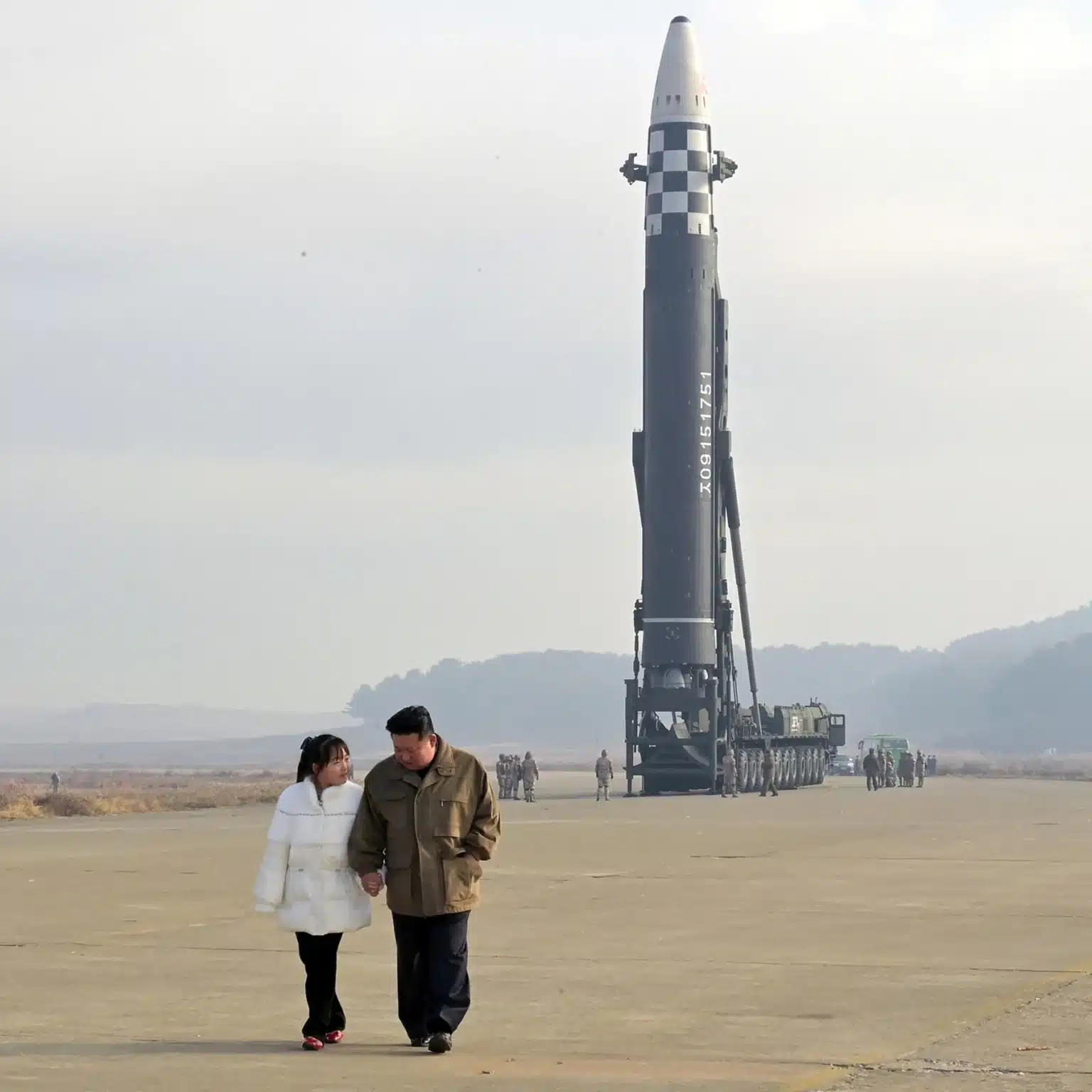New sanctions targeting North Korea were recently announced by its Southern counterpart following the latest missile launches conducted by Pyongyang. As stated by South Korea’s foreign ministry, the measures in particular targeted four individuals and five entities, which included two Singaporean shipping firms and a South African national, linked to North Korea’s development of missiles and nuclear weapons.
This announcement came after North Korea had fired from its eastern coast two short-range ballistic missiles, post two days after it tested fire on an intercontinental ballistic missile (ICBM).
On Feb 19th, 2024, South Korea along with the United States of America staged a joint air drill that involved B-1B bombers. According to experts, this had come in response to Pyongyang’s ICBM launch.
The latest missile launches were condemned and labeled as illegal provocations by South Korea, the US, and the United Nations.
Leif-Eric Easley, an associate professor at Ewha Womans University in Seoul, claimed that while the new sanctions by South Korea are only a part of a trend that is more than symbolic, the immediate material effects may be limited. The new administration in Seoul is not afraid to bolster financial accountability and defensive capability. The purpose of this reciprocity policy is to gradually impose costs on Pyongyang for each provocation in an effort to deter future threats from North Korea.
Ballistic Missiles were launched by North Korea.
Earlier this month, South Korean President Yoon Suk-yeol’s administration sanctioned four North Korean individuals and seven entities over cyberattacks that were believed to be linked to the country’s weapons programs, the first such measures that focused on Pyongyang’s hacking activities.
Sanctions are unlikely to stop North Korea’s development of nuclear weapons and ballistic missiles, according to Andrei Lankov, a North Korea scholar and professor at Kookmin University in Seoul.
With respect to last year’s December sanctions by the U.S., Japan, and South Korea, the U.S. unveiled measures against three individuals for their connection to the ruling party. Japan on the other hand had targeted three groups and one individual.
Moreover, prior to this, South Korea alone had imposed sanctions in response to the missile launches and drills by tactical nuclear operation units on 15 North Korean people and 16 institutions. As per the reports by the Yonhap News Agency, this was for the first time Seoul had announced its unilateral sanctions against Pyongyang since 2017. Further, South Korea has also blacklisted officials from the North’s missile program, shipping companies, and those involved in the procurement of weapons of mass destruction.
Thus the overall relationship between the two nations has worsened over the last couple of years in particular. This difference stems from the separation of the Korean Peninsula in the aftermath of the Second World War into the communist North and the capitalist, pro-US South.













